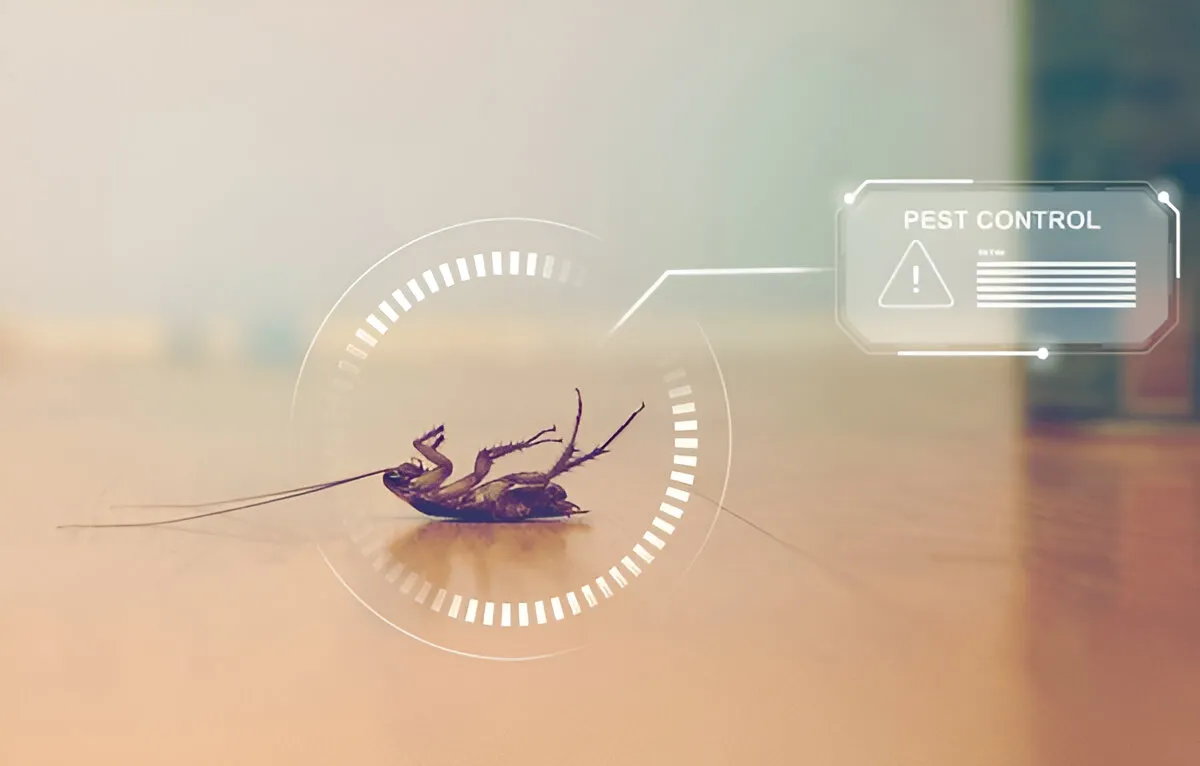Table of Contents
Key Takeaways
- Discover practical strategies to maintain a pest-free home.
- Understand the importance of early detection in pest management.
- Explore non-toxic methods to handle common household pests.
- Learn how professional services can complement DIY efforts.
Creating a pest-free home is crucial for comfort and ensuring the health of those living in the space. Pests such as rats, roaches, termites, and ants can cause significant distress and potential health hazards if not managed appropriately. Urban and suburban environments often provide an ideal habitat for these pests, thanks to abundant food sources and shelter. Understanding and implementing safe raccoon relocation solutions is one example of adopting humane and effective pest control tactics prioritizing safety and ecological balance.
The road to successful pest control begins with early detection and prevention measures. Implementing strategies that deter pests can save considerable time and money in the long run. By fostering an environment less conducive to infestation, homeowners can achieve a peaceful coexistence with the ecosystem outside their doors, resulting in a comfortable and sanitary home atmosphere.
Introduction to Pest Control at Home
Pest management is essential for preserving a healthy and joyful household. Whether ants create lines across kitchen counters or mice craft nests in hidden corners, addressing pest problems efficiently requires vigilance, knowledge, and action. Pests disrupt daily routines and carry potential health risks, as some may transmit diseases or cause allergies. A well-rounded pest control strategy emphasizes environmentally friendly methods that limit exposure to harsh chemicals and focus on non-invasive practices. By adopting a balanced approach, homeowners can safeguard their homes while ensuring respect for the natural world surrounding them.
Identifying Common Household Pests
Identifying common household pests is crucial in forming effective control strategies. From nocturnal cockroaches to industrious ants and elusive bedbugs, recognizing these invaders’ distinct signals—such as droppings, chewed materials, or odd smells—enables prompt action. Timely identification can be crucial in stopping minor, manageable problems from escalating into expensive infestations.
Accessing resources can enhance your understanding of pest behaviors, assisting in developing targeted actions to deter or eradicate these unwelcome guests. This foundational knowledge allows homeowners to customize treatments to fit their situations best.
Early Detection: The Key to Effective Pest Management
Implementing early detection techniques is a cornerstone of effective pest management. Routine inspections and heightened awareness can halt infestations before they take hold, allowing for timely, less intrusive interventions. Attention to subtle changes within the home environment—such as loose sealants, moisture accumulation, or signs of gnawing—is crucial in identifying potential pest problems early on.
Intervening swiftly mitigates damage and reduces the need for extensive corrective measures later, preserving both resources and peace of mind.
DIY Pest Control: Safe and Natural Methods
Homeowners often favor do-it-yourself (DIY) methods for tackling pests, and for good reason. These strategies offer non-toxic solutions that are both cost-effective and environmentally considerate. Elements such as vinegar, essential oils, and diatomaceous earth have become favored for deterring or eradicating typical pests, including ants, spiders, and cockroaches.
Moreover, maintaining proper sanitation, blocking potential entryways, and promptly addressing leaks or spills can significantly reduce a home’s appeal to pests. These simple yet impactful measures form a critical first line of defense against in-home pest invasions.
Also Read: The Costs of Professional Pest Control for Termites
When to Call a Professional
While DIY methods can be incredibly effective, some situations require the expertise of professional pest control services. Severe or persistent infestations might be beyond the reach of essential home remedies, necessitating comprehensive assessments and treatments. Professionals are trained to identify complex infestations and determine the most efficient ways to address them, often using advanced techniques and specialized equipment. These experts can assess the unique dynamics of each pest situation, ensuring complete and precise eradication, thereby preserving the home’s integrity and resilience.
The Role of Pest Control Technology
Technological advancements continue to revolutionize pest control, yielding increasingly effective and precise strategies. Innovations such as clever traps and electronic monitoring systems empower homeowners with detailed insights into pest activity. Utilized correctly, these tools contribute to more efficient management plans, minimizing disruptions while maximizing control. Keeping abreast of technological trends broadens the range of available solutions and empowers homeowners to make informed decisions about managing pest issues sustainably.
Maintaining a Pest-Free Environment
Sustaining a pest-free home requires ongoing diligence. Consistent upkeep—like regular cleaning, proper food storage, and sealing of potential entry points—is vital to deter pests long-term. Ensuring that waste is promptly managed and that moisture problems, such as leaks, are quickly addressed diminishes the chance of attracting pests. Adopting straightforward preventative measures helps maintain a comfortable, inviting, and sanitary home environment in the long run.
Common Myths About Pest Control
Numerous myths surrounding pest control can lead to misunderstandings or ineffective approaches. One widespread belief is that pests only infest unclean residences; in reality, pests can thrive in any environment rich in food, water, and shelter. Another false belief suggests that professional pest control interventions always involve harmful chemicals, yet many modern techniques focus on safety and sustainability. Debunking these myths helps homeowners approach pest control knowledgeably, aligning expectations with practical realities and ensuring more effective management of household pest problems.






